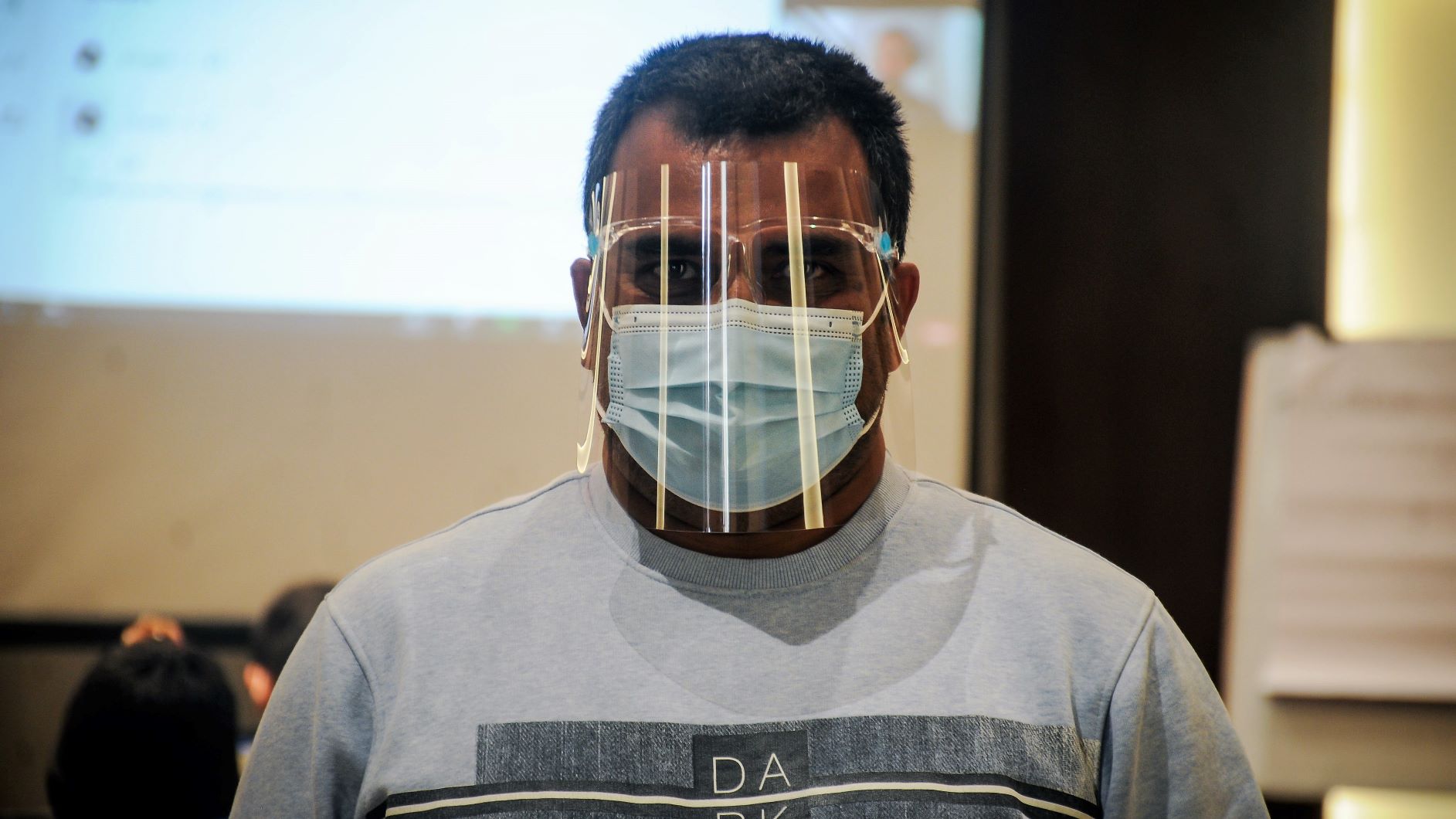Nepal has lost its most criticized and most praised political personality.
Girija Prasad Koirala (1925-2010) passed away on Saturday afternoon, at 12:10 p.m. on March 20, after being the axis of Nepali politics for at least last two-decades.

He led four of 18 governments since the establishment of democracy in 1990 through a popular movement. He was one of the leading forces then but soon after emerged as the most powerful single political personality.
He was stubborn to his beliefs and thoughts, yet the power to persuade, or to enforce, them. That one quality, along with his long contribution and commitment to democracy, put him to a height that rarely any personality could achieve.
Early in his life, he fought for the cause of laborers and began his political career which was eminent given that his father was on exile for raising voices against autocratic Rana regime and his both bothers being into politics.
He was also involved in looting the jewelry and gold from bank to fund the armed movement against Panchayat System and led the hijacking of an airplane in domestic flight in 1973.
When he became the prime minister for the first time in 1991, he continued a family legacy which saw two of his brothers led the nation. The first taint on his career emerged when he dissolved the parliament after three years. The general election that followed failed to give any party the majority.
He led the minority government in 1998 and again Nepali Congress government in 2000 forcing party’s own PM Krishna Prasad Bhattarai to resign. During his third tenure, the Royal Massacre happened.
Following the April Uprising in 2006, he sworn in for the fourth term which saw him sign one of the most important documents in Nepal’s political history – the peace accord with the Maoists. After abolishment of monarchy, he became the acting head of the state until the election of the first president.
Until the every eve of his life, Koirala was a very vocal ‘anti-communist’. But towards the end of his life, he was soft as he agreed to sign a 12-point agreement with Maoists and worked together with communist forces for the cause of democracy.
At the time of his demise, he was leading the political activities as the co-ordinator of the High Level Political Mechanism.
* * *
Though he always kept his private life confined within the boundary of his family members, he seemed to be an emotional family man.
His conjugal life, with a widow whom he married, lasted only 16 years, from 1952 to 1978.
And, he was also involved in a corruption scandal – that involved benefits for his daughter Sujata Koirala whom, after she returned and took a political career, he continued promoting in party ranks and government despite wide-spread criticism. It was for more love for the daughter than anything else.
* * *
I was not a particular fan of Girija Prasad Koirala despite being an admirer of his brother B P Koirala, both for his literature and political thoughts. In fact, many put me as the GPK-critic for I always thought him of being a crooked politician.
I represent a family that was led by a person who stood, and failed, against Koirala after the establishment of democracy. My distant uncle, Jaganath Acharya, resigned from his cabinet following a dispute with Koirala, who seemed to be against the much needed land reforms. Acharya led the force of 36 MPs against Koirala which forced him to dissolve the parliament.
Apart from that for me he was too stubborn to be a political leader (though I admit that this characteristic proved beneficial for the country later on) and was too focused on his personal cause than that of nation and party.
But 2006 changed my views on him. I wasn’t a big fan but an admirer; I disliked a few of things he did afterwards but never went vocal, even at teashop gossips, against him for I saw him the only person capable of keeping the democratic political forces tied for the nation.
As he used to say that ‘the peace process the last struggle of his life’ and jokingly that he would haunt if it’s not completed before his death, I believe he passed away a little early.
Without the axis, the political forces are in a danger of being divided and weak; and that in lack of the father-like figures, the political leaders are more likely to fight for wrong causes.
Let’s hope his last wishes of concluding peace process will be completed in time and that the political forces will join hands for the good cause for which he left responsibility to them.
With his demise, Koirala is no longer a Nepali Congress leader; he is no matter which political belief we follow, is the national hero!
May his soul rest in peace!



